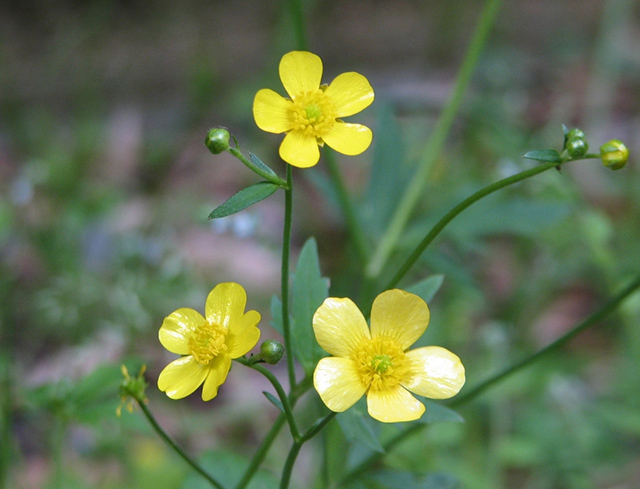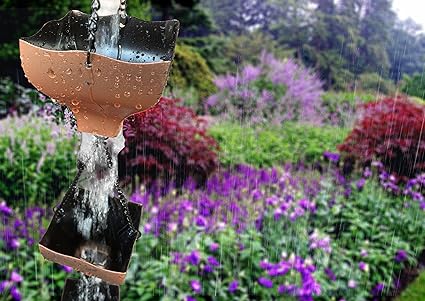Buttercup squash meat is smooth, with a deep orange color. It can lean towards being a bit dry, so try steaming, simmering, stewing, and baking to bring out its natural sweetness while adding moisture. Its mild flavor makes it pair exceptionally well with hard cheeses, nuts, beef, lentils, and pumpkin pie spice. Recipes for Buttercup Squash. Ranunculus japonicus, called Japanese Buttercup, is a poisonous, perennial flowering plant of Ranunculus genus. It is widely distributed in China, Japan, Taiwan and Korea. 1 Normally its flowers have 5 yellow, oval petals that are said to be uniquely glossy.
Aug 26, 2019 Buttercup squash plants are heirlooms native to the Western Hemisphere. They are a type of kabocha winter squash, also known as Japanese pumpkin, and can be stored for a long time due to their hard rinds. As the name would suggest, the flesh cooks up with a sweet buttery flavor. Meadow buttercup tall buttercup This plant can be weedy or invasive according to the authoritative sources noted below.This plant may be known by one or more common names in different places, and some are listed above.
| General Information | |
|---|---|
| Symbol: | RAAC3 |
| Group: | Dicot |
| Family: | Ranunculaceae |
| Duration: | Perennial |
| Growth Habit: | Forb/herb |
| Native Status: | AK I CAN I GL N? L48 I,N SPM I |
| Data Source and Documentation | |
| Native | Introduced | Both | Absent/Unreported |
| Native, No County Data | Introduced, No County Data | Both, No County Data |
| Native Status: | |||||||||
| L48 | AK | HI | PR | VI | NAV | CAN | GL | SPM | NA |
Steve Hurst. Provided by ARS Systematic Botany and Mycology Laboratory. United States, VA, Clarendon. Usage Requirements.
Patrick J. Alexander. Usage Requirements.
Patrick J. Alexander. Usage Requirements.
Britton, N.L., and A. Brown. 1913. An illustrated flora of the northern United States, Canada and the British Possessions. 3 vols. Charles Scribner's Sons, New York. Vol. 2: 111. Provided by Kentucky Native Plant Society. Scanned by Omnitek Inc. Usage Requirements.
slideshow Click on a scientific name below to expand it in the PLANTS Classification Report.| Rank | Scientific Name and Common Name |
|---|---|
| Kingdom | Plantae – Plants |
| Subkingdom | Tracheobionta – Vascular plants |
| Superdivision | Spermatophyta – Seed plants |
| Division | Magnoliophyta – Flowering plants |
| Class | Magnoliopsida – Dicotyledons |
| Subclass | Magnoliidae |
| Order | Ranunculales |
| Family | Ranunculaceae – Buttercup family |
| Genus | Ranunculus L. – buttercup |
| Species | Ranunculus acris L. – tall buttercup |
The Plants Database includes the following 3 subspecies of Ranunculus acris . Click below on a thumbnail map or name for subspecies profiles.
Ranunculus acris var. acris
showy buttercup
Ranunculus acris ssp. friesianus
Ranunculus acris var. frigidus
tall buttercup
| Noxious Weed Information | |
|---|---|
| This plant is listed by the U.S. federal government or a state. Common names are from state and federal lists. Click on a place name to get a complete noxious weed list for that location, or click here for a composite list of all Federal and State Noxious Weeds. | |
| Montana Category 2 noxious weed |
| U.S. Weed Information | |
|---|---|
meadow buttercup This plant can be weedy or invasive according to the authoritative sources noted below.This plant may be known by one or more common names in different places, and some are listed above. Click on an acronym to view each weed list, or click here for a composite list of Weeds of the U.S. | |
| STATE | Assorted authors. State noxious weed lists for 46 states. State agriculture or natural resource departments. |
| WSWS | Whitson, T.D. (ed.) et al.. 1996. Weeds of the West. Western Society of Weed Science in cooperation with Cooperative Extension Services, University of Wyoming. Laramie, Wyoming. |
| ||||||||||||||||||
| More Accounts and Images | |
|---|---|
| ARS Germplasm Resources Information Network (RAAC3) | |
| CalPhotos (RAAC3) | |
| Flora of North America (RAAC3) | |
| Integrated Taxonomic Information System (RAAC3) | |
| Jepson Interchange (University of California - Berkeley) (RAAC3) | |
| Lady Bird Johnson Wildflower Center Native Plant Information Network (RAAC3) | |
| Native American Ethnobotany (University of Michigan - Dearborn) (RAAC3) | |
| University of Tennessee Herbarium (Distribution) (RAAC3) | |
| University of Wisconsin - Stevens Point Freckmann Herbarium (RAAC3) | |
| Related Websites | |
|---|---|
| Swedish Virtual Flora: images & text (in Swedish) (RAAC3) | |
| University of Northern British Colombia: image (RAAC3) | |
Food
| Source | Large Mammals | Small Mammals | Water Birds | Terrestrial Birds |
|---|
Cover
| Source | Large Mammals | Small Mammals | Water Birds | Terrestrial Birds |
|---|
Description of Values

| Value Class | Food | Cover |
|---|

How to Identify Buttercup and Kabocha
Buttercup squash is a lot like kabocha with a belly button — but generally a little larger, a little moister, and not as nuanced in terms of flavor.

Kabocha is round with no imperfections on button, the area where the turban grows on a Buttercup.
Buttercup shape is different more square.
The kabocha stem shape is different as well, not squishy. It’s more like a tree trunk.
However, the single most important characteristic is that tiny button bottom.. no variation in it.. smooth, non issue.. If it’s bumpy or raised, or two levels, even if it is not a traditional buttercup cap, it still ain’t a kabocha butt.
Japanese Butter Cookie Recipe
Taste: The buttercup is wet and kinda goes to goo no matter what you do to it…and didn’t make a good fry. Kabocha tastes more substantial. The texture of kabocha is denser to me and there is just a taste to it that is different. It stays in chunks easier.
It seems that a kabocha/buttercup hybrid is often sold in stores, as the buttercup turban rarely shows and the shape is rounded yet flat.
Johnny seeds kabocha/buttercup hybrids.

Japanese Word For Buttercup
Sweet Mama Hybrid Kabocha (maxima; maturity 75 days)
Black Forest (Buttercup)
Black Forest is a Kabocha type button-less Buttercup. It has a deep orange fiber-less flesh. It is medium-dry with a rich sweet flavor. Buttercups become sweeter after a few weeks, so don't be afraid to store this one. This variety is native to the United States. It is also called 'Buttonless Buttercup'.
Japanese Butternut Squash
(L-R) Kabocha, Buttercup
(L-R) Kabocha, Kabocha
(L-R) Kabocha, Buttercup
(L-R) Buttercup, Kabocha
Buttercup
Buttercup
Kabocha
